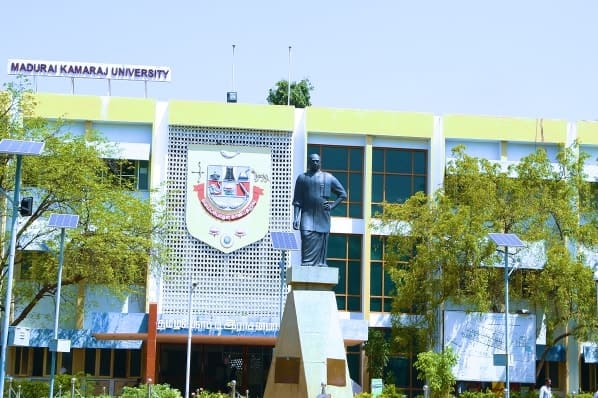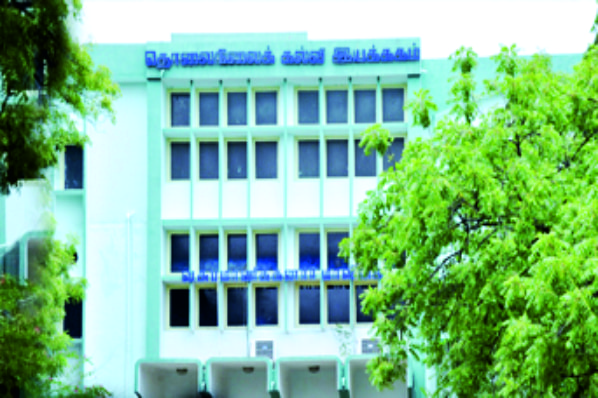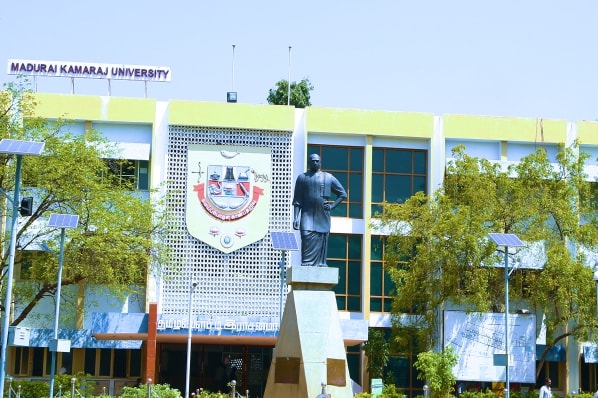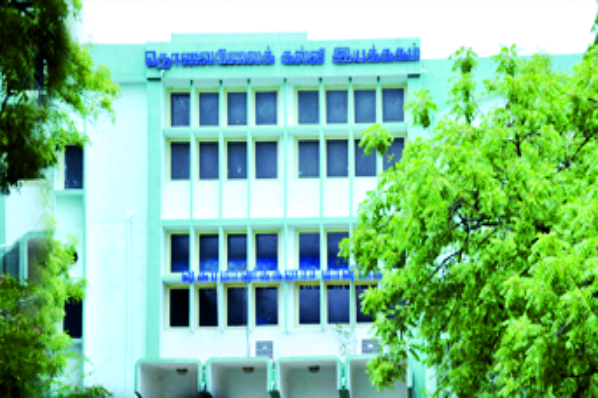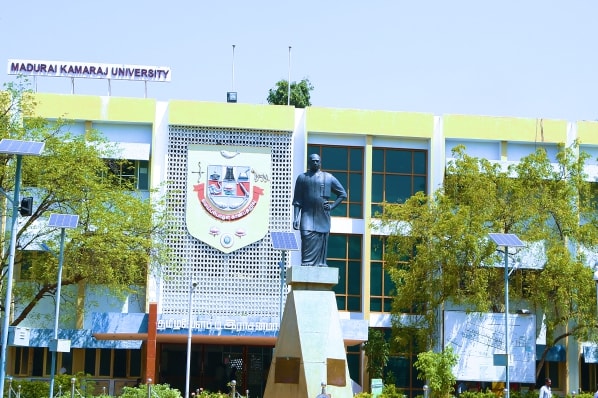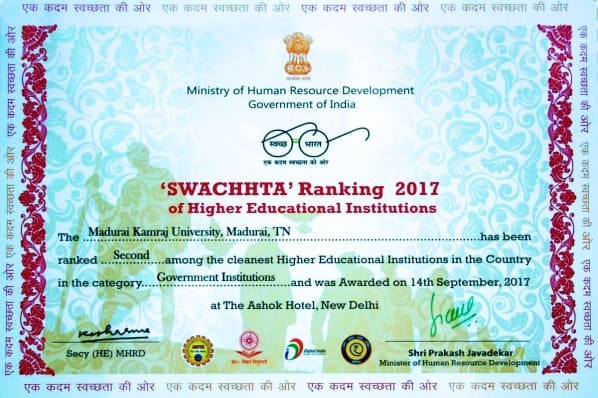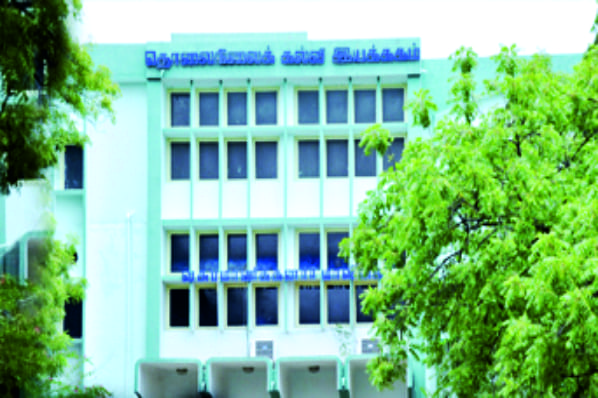-
Authorities
-
- Authorities
-
- Authorities
- Chancellor
- Pro-Chancellor
- Vice-Chancellor
- Syndicate Members
-
-
Academics
-
- Academics
-
- Schools
- School of Biological Sciences
- School of Biomedical Sciences
- School of Biotechnology
- School of Business Studies
- School of Chemistry
- School of Earth and Atmospheric Sciences
- School of Economics
- School of Education
- School of Energy, Environment and Natural Resources
- School of English & Foreign Languages
-
- Schools
- School of Historical Studies
- School of Indian Languages
- School of Information Technology
- School of Linguistics and Communication
- School of Mathematics
- School of Performing Arts
- School of Physics
- School of Religion, Philosophy and Humanist Thought
- School of Social Sciences
- School of Tamil Studies
- School of Youth Empowerment
-
-
Examination
-
- Examination
-
- Examination
- Examination Schedule
- Results
- Forms
-
-
Facilities
-
- Facilities
-
-
Links
-
- Links
-

